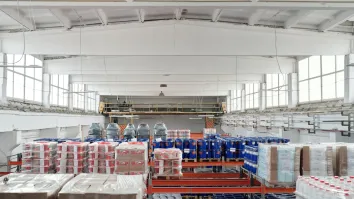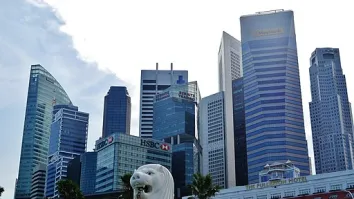
Bangkok prime retail rents up 1.3% in Q3
The slowdown in rental growth was due to an anticipated intense supply pressure.
Despite consumer confidence hitting its lowest level since Q4 2022, JLL said in a report that Bangkok’s prime retail market showed resilience.
The CBA led the recovery with strong leasing demand. Other areas remained stable, balancing positive take-up against fluctuations in renovation projects.
Here’s more from JLL:
A positive net absorption of 3,900 sqm was recorded in the quarter. The fashion sector maintained its leading role in leasing activity, followed by household goods tenants. Notably, F&B resumed its activity after a slowdown in the previous quarter.
Modest vacancy improvement amid renovation activities
No new supply was introduced in the quarter after a significant increase in late-2023, preceding an expected wave at end-2024. Supply movements were confined to existing malls, with 200,000 sqm of prime retail space currently undergoing renovation.
The absence of new supply and the gradual inflow of new tenants fuelled positive demand recovery. However, tenant losses were tracked in some ageing and under-renovation centres. As a result, the prime vacancy rate saw a modest improvement of -10 bps q-o-q.
Limited market movements stabilise yield
Prime gross rents showed a modest q-o-q growth of 1.3% in Q3 2024. The growth deceleration was attributed to renovation plans among major centres and anticipated intense supply pressure in the upcoming quarters.
Capital values, likewise, saw minimal growth, correlating with limited rent growth. The combination of minimal activity on both supply and demand sides kept the market yield unchanged at 8.9%.
Outlook: Challenging market under supply pressure
The Bangkok retail market anticipates challenges due to supply factors, new completions and the ongoing reintroduction of renovated projects. This influx is expected to intensify the competitive landscape across the prime retail market.
Mitigating factors include a recovery in the tourism sector and potential growth in domestic consumption driven by government stimulus plans. These factors will potentially offset some of the downside risks associated with increased supply.



















 Advertise
Advertise





